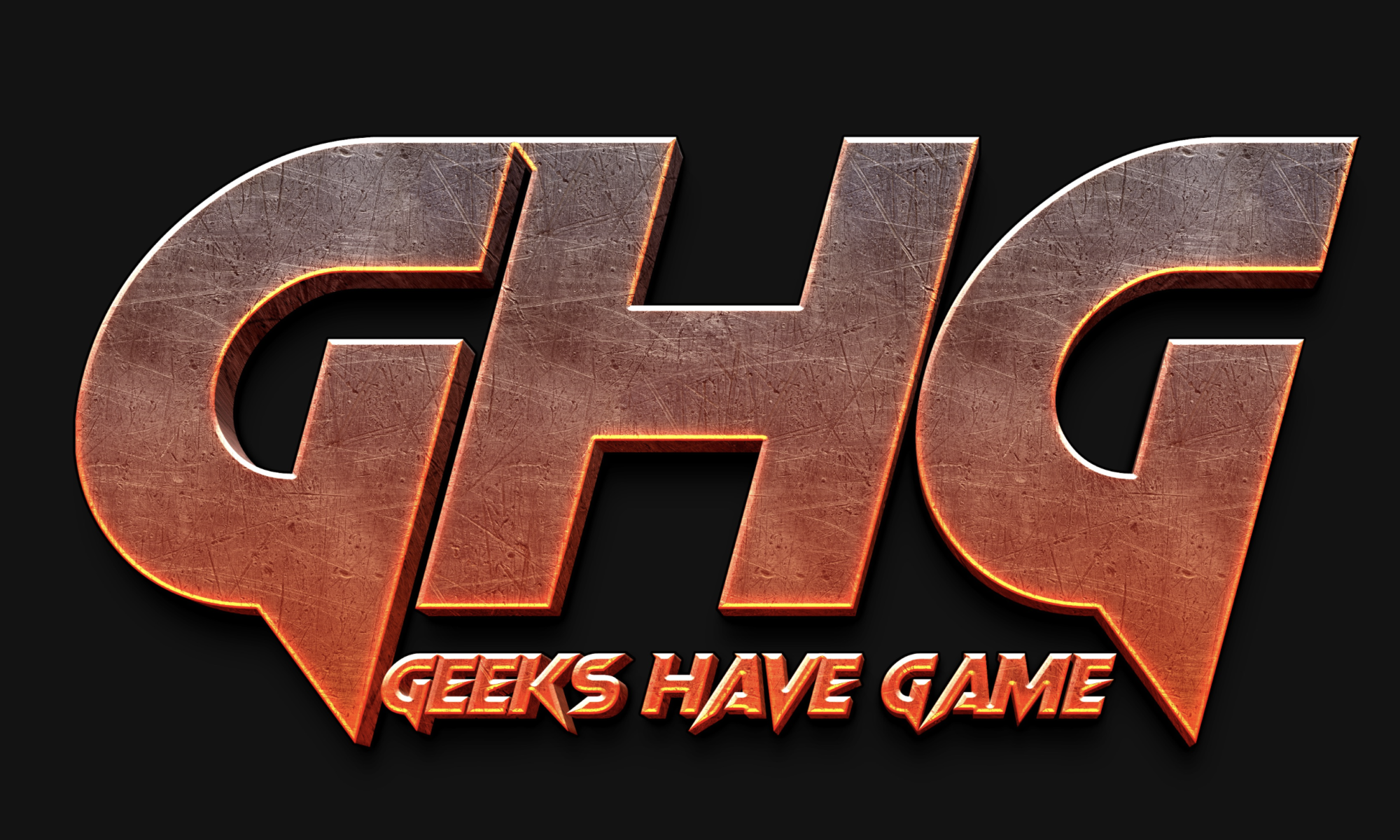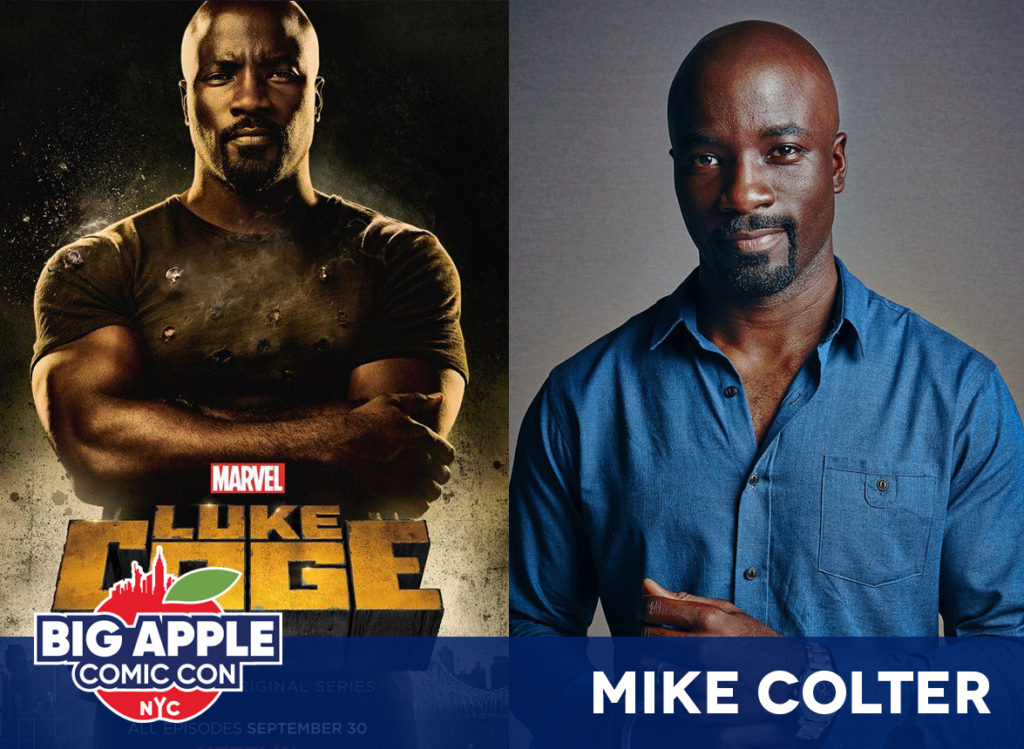
Greetings again, geeks and geekettes! To close out our brief trip to the East Coast for the 2019 Big Apple Comic Con, yours truly, and Lisa Wu, listened in as Power Man himslf, actor Mike Colter, took the stage for a brief Q&A with his fans. Nearly hidden away in the basement ballroom of New York’s Pennsylvania Hotel, the Big Apple Comic Con hosted Luke Cage himself, star Mike Colter, to speak to a crowd this past Saturday, March 9th.
Lacking any formal structure, the panel was an open-ended Q&A for himself, and the fans, who packed the room to near capacity. Moreso than anything else, Mr. Colter gave some brief life points, expounding on his experiences growing up in South Carolina, and on the opportunities afforded by being the MCU’s Power Man.
LISTEN UP, TRUE BELIEVERS
“Familiarity is what brings us down,” he answered, in response to how he continues to improve his acting chops, “[You grow up with certain people and friends in your life], and changing sometimes means leaving those friends behind…People will change around you. And that isn’t [wrong].” In an industry that sometimes resorts to…and seems to focus on…what is familiar and recognizable, it was a refreshing and somewhat unexpected response to what would otherwise be considered a standard, unambiguous question.
As the panel powered through, Colter went on to describe his experiences growing up in South Carolina; when asked how he’d hoped Luke Cage would be received by the public, he made clear his –and, by extension, the producer’s– intent to make the character means something. Luke Cage, Mr. Colter said, was a show that he’d hoped would be taken seriously, as “part of the current social movement and change”; “…as one of the first black superheroes — aside from Blade — it was important to be something other than just pure entertainment.”
SEEING IS BELIEVING
The desire to put some weight onto the show, and to make the character something more than what he was, was a result of his rural beginnings. As a young child, Mr. Colter recalled not being as exposed to comic books, and the few he did experience (the result of cousins, or family friends, visiting from up North) ran a very specific gamut: Superman, Spider-Man, the Hulk. Nowhere in his early life was there room for a character like Luke Cage; naturally, the further South one traveled, the less likely was one to encounter what was once a niche character in a niche market. The growing market of comic book shops changed that, and informed his appreciation of what these characters meant to their readers, and how his portrayal could be used positively.
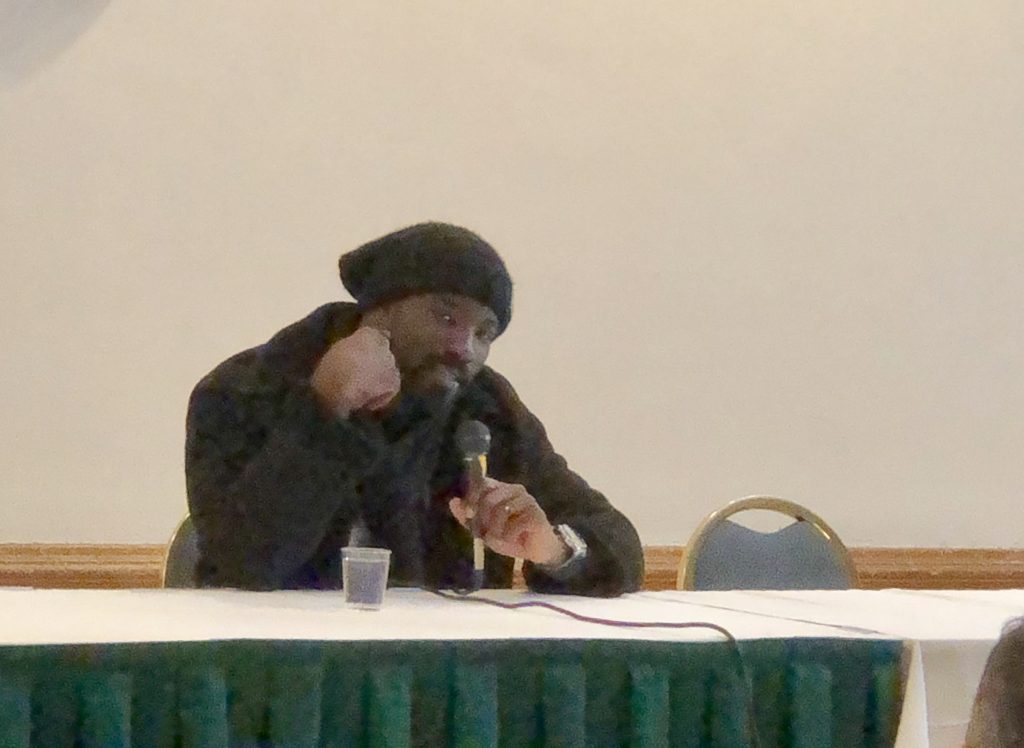
On the topic of Luke Cage the show itself, he offered considerable insight. Colter imagined how the show –and the Netflix universe– could have both ended organically, and better incorporated itself into the larger MCU. “We’re actors. We come in, and play the characters, but ultimately we don’t own them…[but we could have] done the Snap. The Thanos snap. Would be nice to see the Snap, and then see us dissolve, just to close it all out.” Ultimately, though, he made it very clear that the Netflix shows, and the larger MCU, were very much separate entities. “[They’re] two completely different universes…[those decisions] were above our pay grade.”
But perhaps the most interesting tidbits arose near the end of the panel. While season 3 of Luke Cage is (as of this writing) not in the works, Mr. Colter revealed that at least the first five episodes of a third season are written, presumably stored away until Alan Fine and Kevin Feige figure out what to do with their universe later this year. And while pondering on the possibility of where a third season might go, he also told of how, while having dinner at Raul’s restaurant, he nearly lost the script for the season 2 finale; in a panic he tried retracing his steps, and calling for assistants to scour the City. Worried that the plot would leak, he bemusedly speculated that anyone finding the final script would be put off by having to actually — y’know — read the damn thing. (It turned out a housekeeper had located it a brief time after he initially misplaced it.)
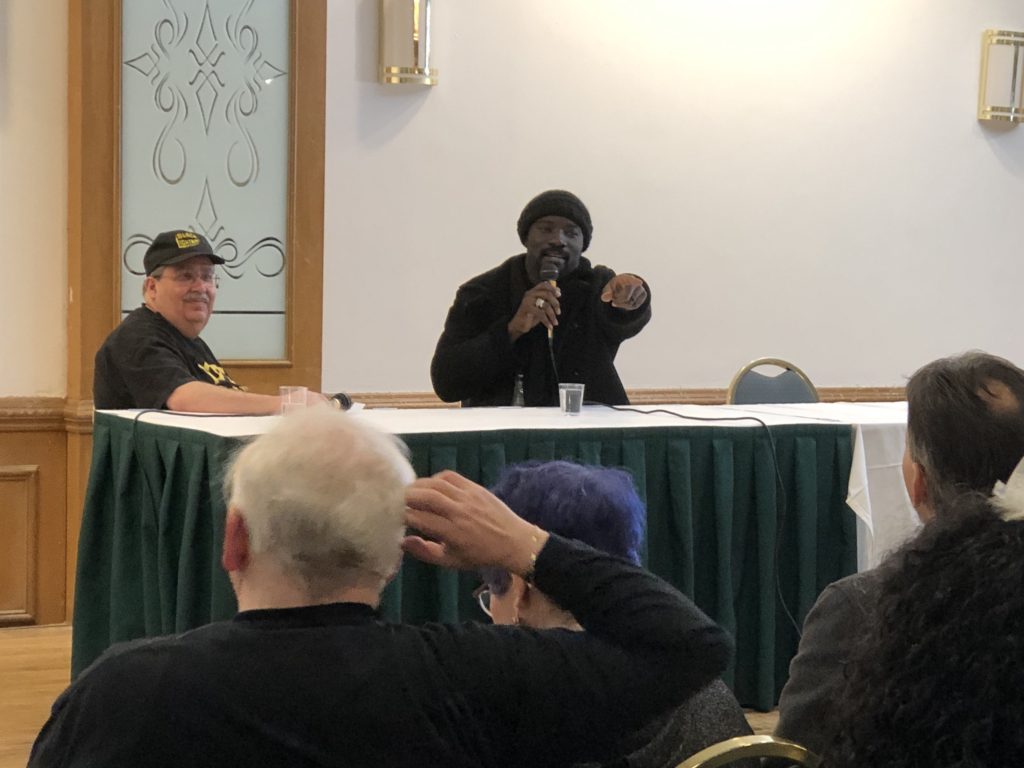
PUTTING IT IN PERSPECTIVE
Closing out the panel, he reiterated the importance of the character, as the matter of representation within the black community. Whereas he was able to do is part with his character (“I didn’t think Luke would use the ‘N-word’. Like, he doesn’t have time for that or entertain that”), he noted how when it comes to “black entertainment”, often it is dictated by non-black entities. “Even BET is no longer black-owned,” he noted. “It’s owned by Viacom now.” Aside from a handful of personalities (the most prominent being Oprah, or even Tyler Perry, and Spike Lee) there were few fully-owned black entertainment entities currently operating.
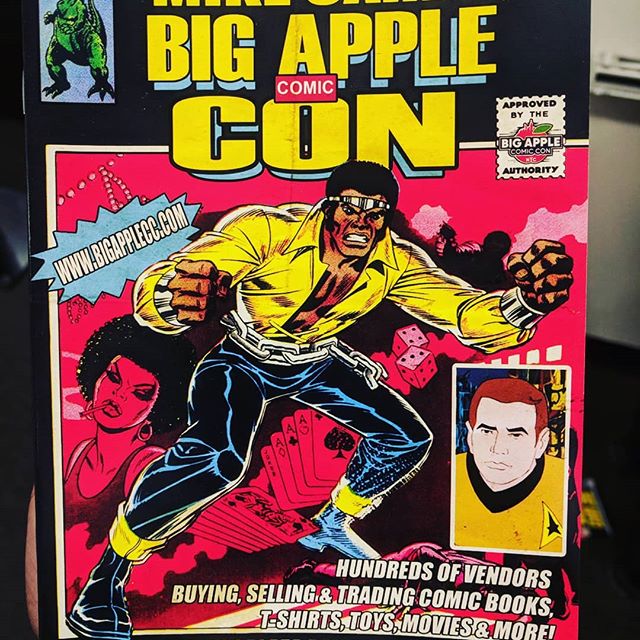
In his way, even by showing a face that a growing demographic could recognize and aspire to emulate, Mr. Colter hoped to inspire future generations of youngsters. Before time ran out for the panel, however, someone asked the question some have presumably wondered since Luke Cage, season 1 premiered: would he ever be interested in a period-set Luke Cage, set in the 1970’s? With time enough for only a five word answer, he made his interest in such a project very clear:
“No, I would not.”
-J.L. Caraballo
